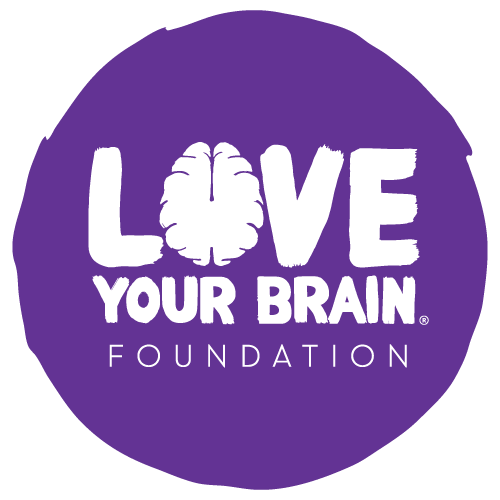Be Kind
Altruism | 3.28.2016 | By Daya Alexander Grant, PH.D., M.S.
With the 24-hour news cycle highlighting hateful political rhetoric and horrendous terrorist attacks, it’s easy to feel as though hate is dominating our world. Instead of reflecting that hate or succumbing to sadness, we can all offer a powerful antidote: kindness.
Kindness can be difficult to muster, especially in response to overwhelming hate, but scientific research suggests that humans are actually hardwired to be kind. This thesis dates back to Charles Darwin, who wrote about sympathetic species. He argued that natural selection favors the evolution of species whose members are more concerned with sympathy and altruism, rather than self-interest. Interestingly, recent studies have shown that children are intrinsically kind, but transition to more selfish ideals around the age of 5.
So how do we, as adults, cultivate our innate kindness? Just like with everything else, we have to practice. As research has demonstrated, compassion actives the pleasure circuits of the brain, and these neural circuits are reinforced the more they are activated. Loving Kindness meditations, such as this one or this one, can directly activate these pathways and produce long-term, positive effects.
Keeping all this in mind, let’s make a conscious effort to express kindness in all our interactions this week – whether it be with strangers, family members, coworkers, or friends. You’ll not only better the world, but yourself in the process.

